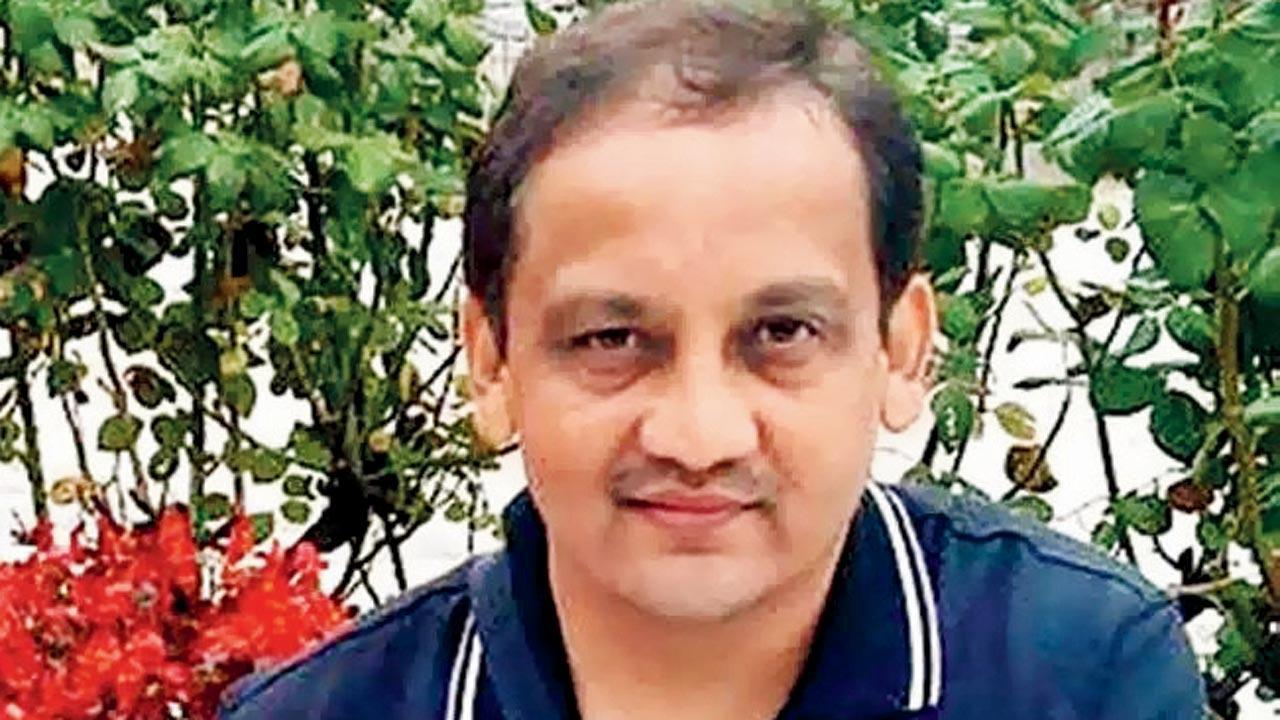EOW is still awaiting crucial information in the Amber Dalal case from banks

Chartered accountant Amber Dalal has allegedly defrauded thousands of investors. File pic
The delay by the banks to provide statement of accounts in the Amber Dalal case to the Economic Offences Wing (EOW) has highlighted the essence of time in white collar crimes. Besides, the procedural delays in getting sanctions for attachments of assets are also counter-productive to provide justice to the duped depositors.
ADVERTISEMENT
“It is high time that information sought is shared within no time, as these are crucial ingredients for the forensic auditors, to trace the money trail. And if not detected immediately, it will only make the probe a futile exercise, as tracing, identifying, and recovery procedures will be derailed,” said Nishith Mishra, joint commissioner of police, EOW, Mumbai police. He said with digitisation and core banking, information stored in data banks and cloud servers could be easily assessed but for reasons best known to the banks EOW is yet to the entire information sought by them.
“Usually in case of a white collar fraud, significant time would have passed before the victims approach police, and most of the money is siphoned off by the time the FIR is registered. Therefore the main objective of The Maharashtra Protection of Interest of Depositors (MPID) Act, 1999, is to refund the victims, but it takes years, by the time the case reaches a logical conclusion in the court of law,” said Mishra.
Concern area
Highlighting the area of concern, Mishra said, “The procedural delay from the time of receiving the complaint to registering of FIR, the accused/perpetrators get enough time to siphon off the ill-gotten wealth, either routing the funds through shell companies, or divert funds to any offshore assets, with either some or no money left in the bank accounts, by the time the accounts are frozen.
And we have to rely heavily on the well-trained forensic auditors, who can assist us, provided they get the bank statements and books of accounts of the accused and his firm, which unfortunately today takes anywhere between a few days to over a fortnight, irrespective of banks becoming digitised.”
When asked the way out, Mishra said, “Today, we get the real-time call data record (CDR) of any mobile number under surveillance and it has helped immensely in crime detection by apprehending the accused within a short span of time. Similarly, in white collar crimes too, the banks should be directed to provide the financial statements of suspects at the earliest so that the forensic auditors can study the money trail and submit their report accordingly. The delay affects the crucial money trail and subsequent pressure on the investigating police officer for filing of charge sheet within the stipulated time frame.”
Notification and attachment
If the financial establishment is not likely to return the money to the depositors then the government may step in under section 4 of the Maharashtra Protection of Interest of Depositors (MPID) Act and attach the assets of the company. The attachment process is preceded by recording of the reasons in writing and followed by a gazette notification as per which the assets of the company and the persons concerned are in the custody of the district collector/deputy collector. The liquidation of the attached assets could be done only with a court order and the entire process is time-consuming, said Mishra.
Proactive Surveillance
If the state government empowers the EOW, it is all set to activate its EOW (Intelligence) wing further and take proactive surveillance on suspicious schemes which might be vulnerable and probability of duping gullible investors, especially from the middle and lower middle-class spectrum of the society, prima-facie, cannot be ruled out, pointed out Mishra.
He said, “We need to have a preventive mechanism in place – for instance NBFC (Non-Banking Financial Company) has the license, as per RBI norms and are incorporated under the statute, to lend money and people can invest money with them, as they are secured. However, our concern is about individuals operating, without license or is operating an unincorporated body, assuring high returns varying from over 1 per cent to 3 per cent monthly and luring the public to invest in their schemes”.
“We are keen to have a data bank of such scheme operators, assuring high rates of returns over 1 per cent to 3 per cent monthly to lure investors, which is unrealistic and the probability of they (investors), getting duped at some point in time, cannot be ruled out. With the help of the local police station, we will collect additional inputs, and after a detailed analysis, prepare confidential report, and with approval of appropriate authority, for issuing appropriate directions, including raising red flags and cautioning the public from investing in such lucrative schemes.
“The criminal justice process in case of a white collar crime can be set in motion, only on receiving a complaint or in case of an offence is committed, and not otherwise,” replied Mishra, when asked for the reason for not taking suo motu action on such entities.
Quote
‘It is high time that information sought, are shared within no time, as these are crucial ingredients for the forensic auditors, to trace the money trail. And if not detected immediately, it will only make the probe a futile exercise, as tracing, identifying, and recovery procedures will be derailed’
Nishith Mishra, joint commissioner of police, EOW, Mumbai police
 Subscribe today by clicking the link and stay updated with the latest news!" Click here!
Subscribe today by clicking the link and stay updated with the latest news!" Click here!







